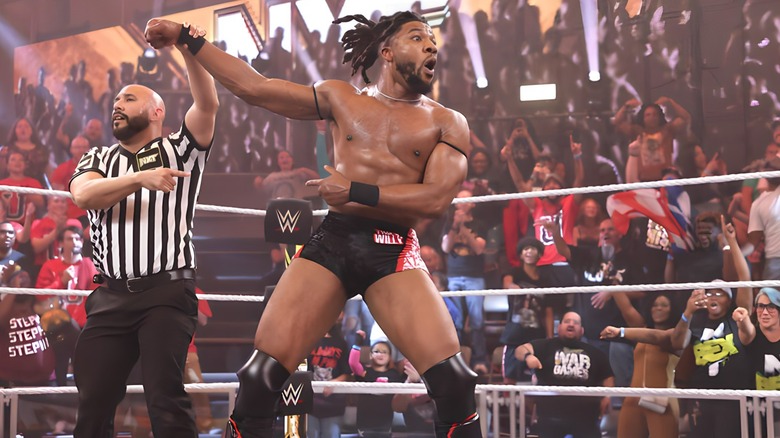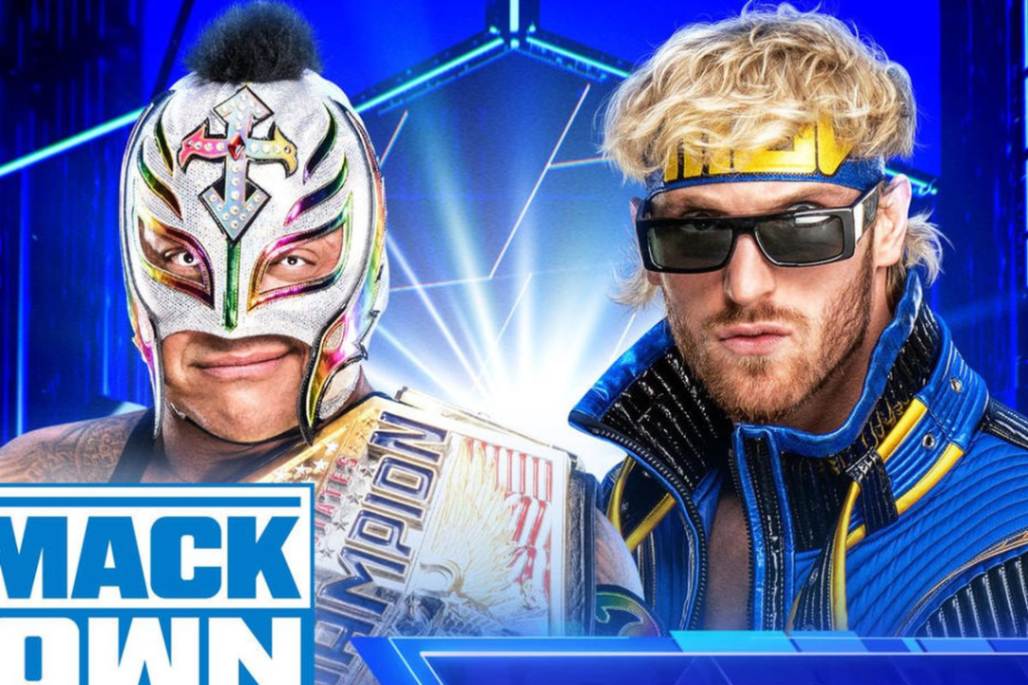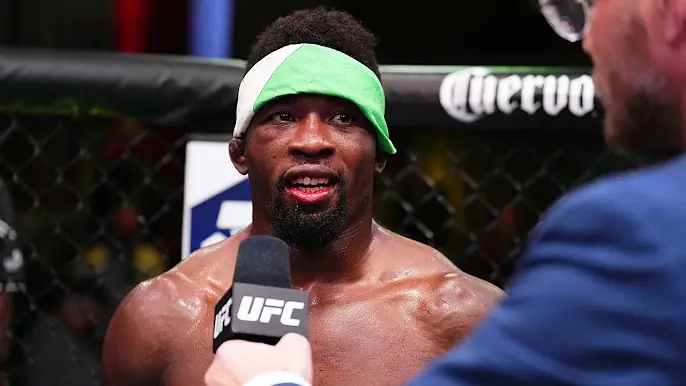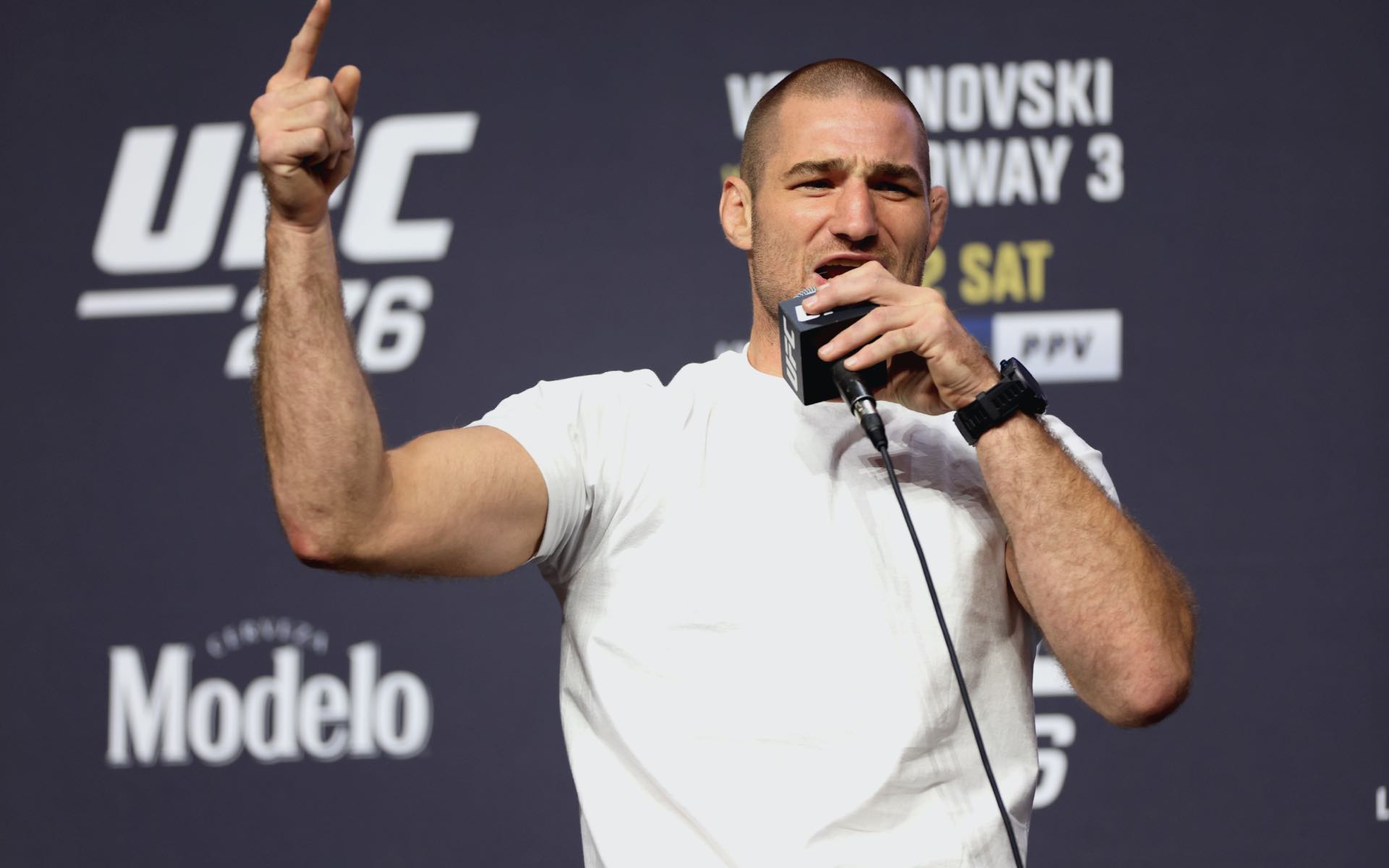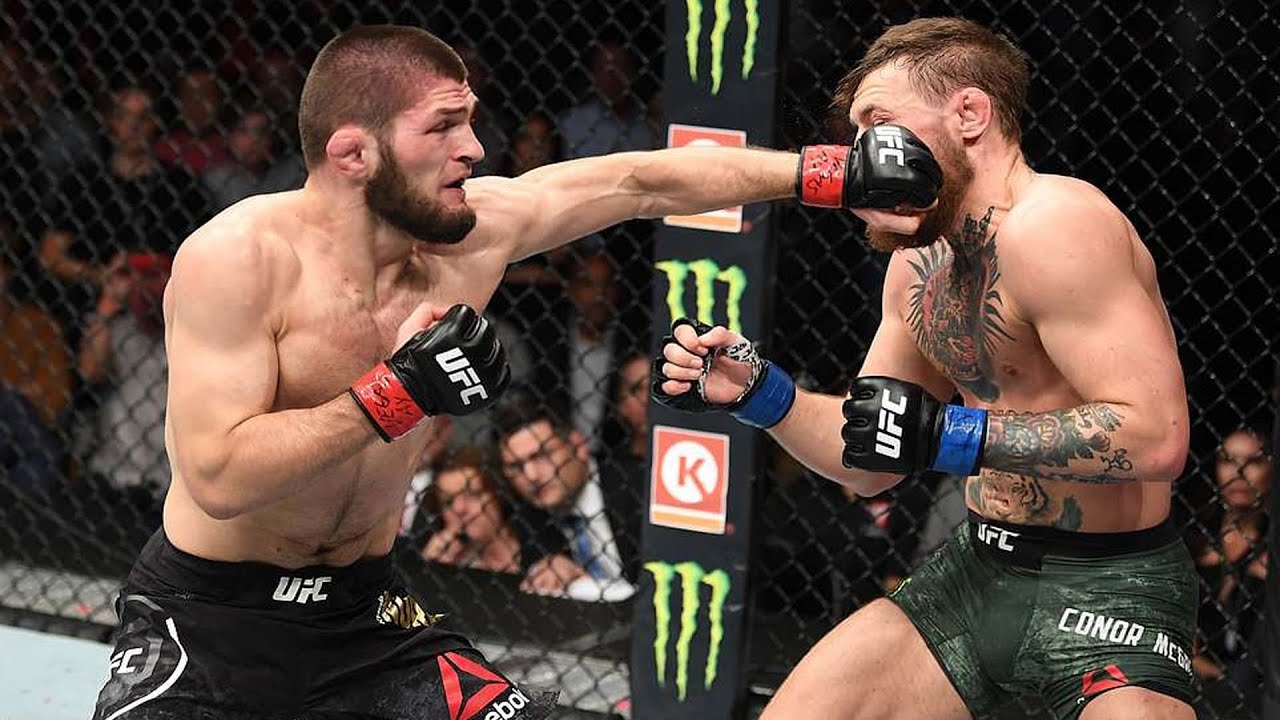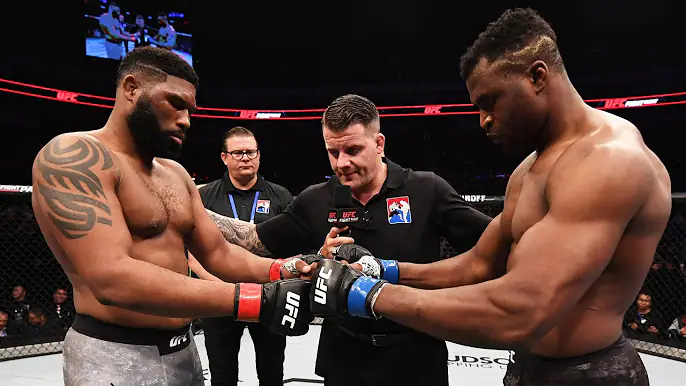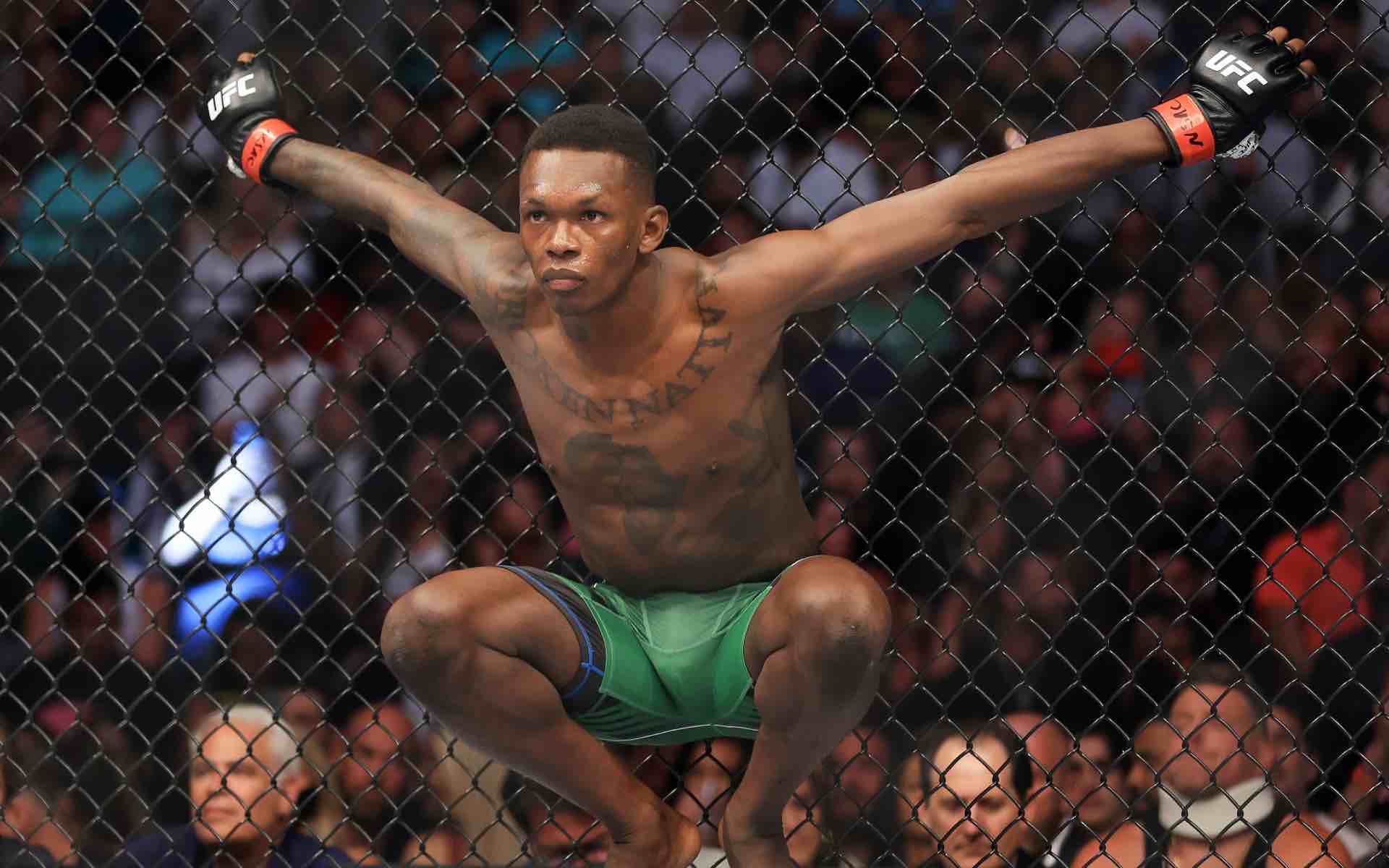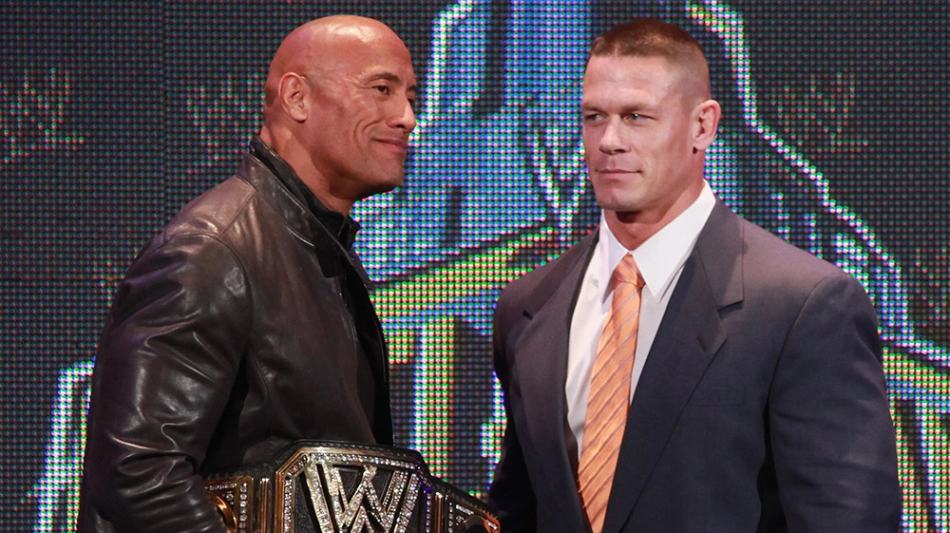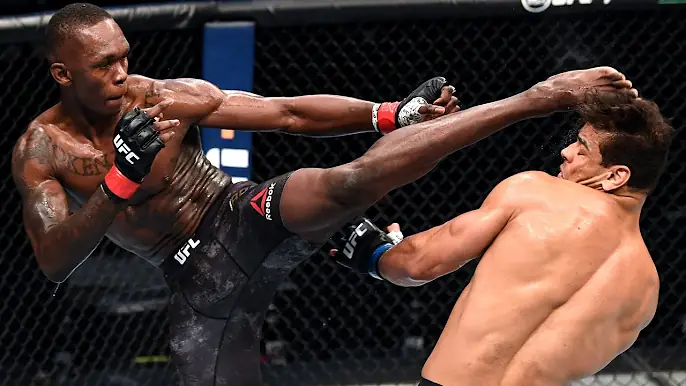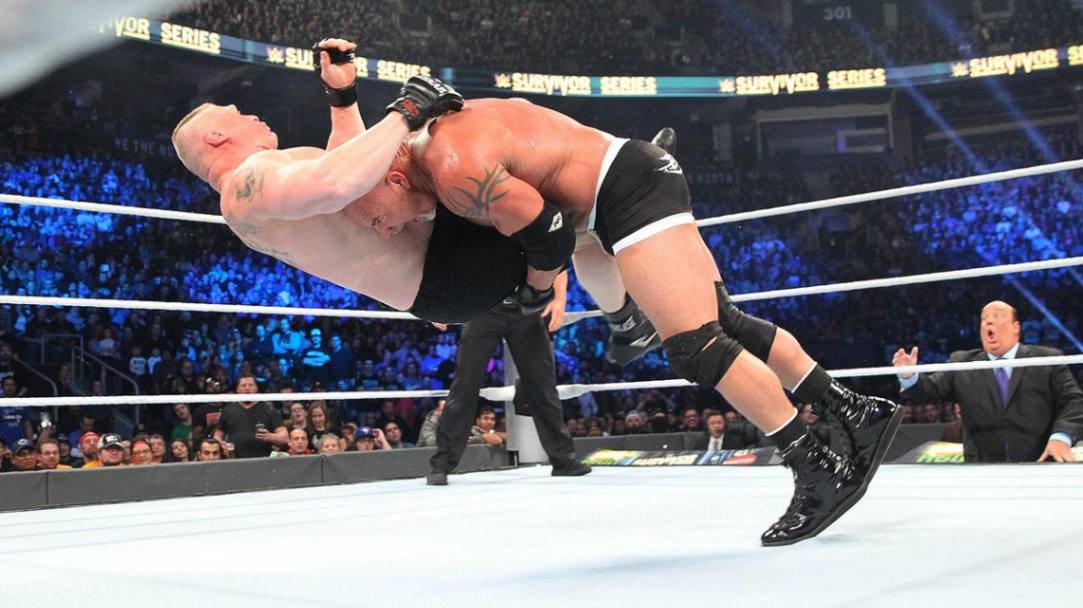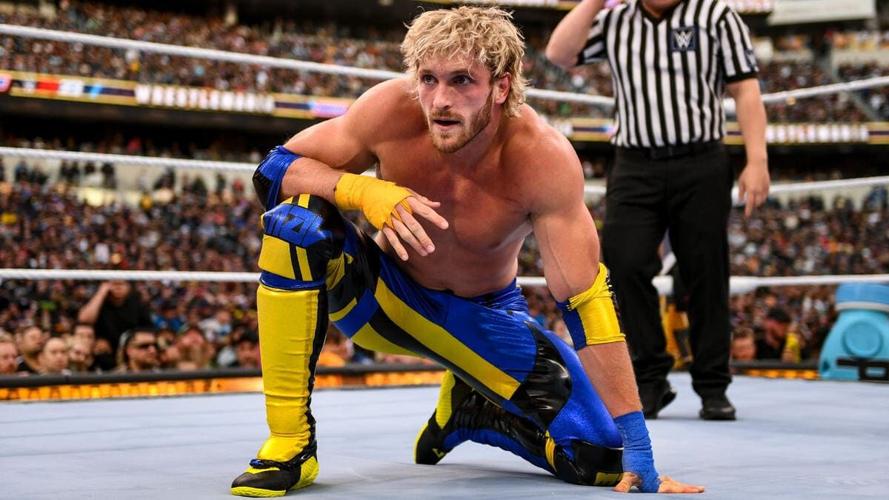3 Key Things We Can Expect From WWE And UFC After A Huge Merger Closing
In a groundbreaking move that sent shockwaves through the worlds of professional wrestling and mixed martial arts, the Ultimate Fighting Championship (UFC) and World Wrestling Entertainment (WWE) have merged to form a new publicly traded entity called TKO. The name, derived from the acronym “Technical Knockout,” pays homage to both companies’ prowess in the realm of combat sports. However, the vision for TKO extends far beyond the confines of the octagon and wrestling ring.
TKO made its debut on the New York Stock Exchange, marking the culmination of a merger between two live-entertainment giants announced earlier in the year. The company’s ownership structure is split, with Endeavour Group Holdings, a powerhouse that encompasses UFC and Hollywood talent agency WME, holding a 51% stake, while WWE shareholders control the remaining 49%.
Shares of TKO saw an impressive 2.4% rise on their first day of trading, signalling the high expectations surrounding this union of sports entertainment titans. But what sets TKO apart is its ambition to transcend combat sports and become a dominant force in the broader entertainment landscape.
The Integration Phase
According to Mark Shapiro, TKO’s President and Chief Operating Officer, the initial 18 months of the company’s existence will be dedicated to the intricate process of integrating UFC and WWE. This involves synergizing efforts in international media rights, production, and administrative operations. The goal is clear: leverage the strengths of both organisations to maximise their collective potential.
The International Aspiration
Beyond the integration phase, TKO has grand plans to expand its horizons, both geographically and across different sports properties. Shapiro emphasises that the company is actively seeking other sports properties to integrate into its ever-growing portfolio. With a keen eye on international expansion, TKO aims to be a global player in the world of sports entertainment.
Endeavour, TKO’s majority owner, boasts a diverse sports portfolio that includes the Professional Bull Riders and ownership of two prestigious tennis tournaments, the Mutua Madrid Open and the Miami Open. This “flywheel” strategy integrates professional athlete representation, media rights negotiation, product licencing, and live event enhancement to drive venue fees.
Direct-to-Consumer Opportunities
Shapiro envisions a future where TKO offers direct-to-consumer options that don’t currently exist. This forward-thinking approach aligns with the evolving landscape of media consumption, where streaming services and digital platforms play a pivotal role. With WWE currently streaming on NBCUniversal’s Peacock until 2026, other streaming entities have already expressed interest in bidding on the rights once the contract expires.
Media Rights Negotiations
In the near future, TKO executives will be at the negotiating table for new media deals involving WWE’s flagship shows, “Raw” and “SmackDown.” Currently held by NBCUniversal and Fox, these rights are highly sought-after in the competitive world of sports broadcasting. The outcome of these negotiations could significantly impact TKO’s future direction and revenue streams.
Leadership Dynamics
TKO’s leadership structure is an interesting facet of this merger. Vince McMahon, the 78-year-old visionary behind WWE, holds the title of Executive Chairman. However, it’s Ari Emanuel, the CEO of Endeavour, who will wield the reins of the new company. This delineation of responsibilities is clear: Ari Emanuel is the CEO, and McMahon’s role is complementary.
The choice of leadership has raised questions given McMahon’s long-standing influence in WWE and the recent legal issues he has faced. In July, federal law enforcement agents issued a subpoena related to allegations of sexual misconduct. Despite these challenges, the decision to appoint Emanuel underscores the desire for strong, focused leadership at the helm of TKO.
TKO’s emergence as a merged entity between WWE and the UFC is a momentous event in the world of sports entertainment. With ambitions that extend far beyond the octagon and wrestling ring, this company aims to become a dominant force in the broader landscape of live entertainment, sports properties, and digital media.
As TKO navigates the integration of two iconic brands, eyes will be on its future endeavours—both in terms of acquisitions and global expansion. The coming years promise to be transformative, not only for TKO but for the entire sports entertainment industry, as the company charts a course to redefine the way we experience live events and sports in the digital age.


